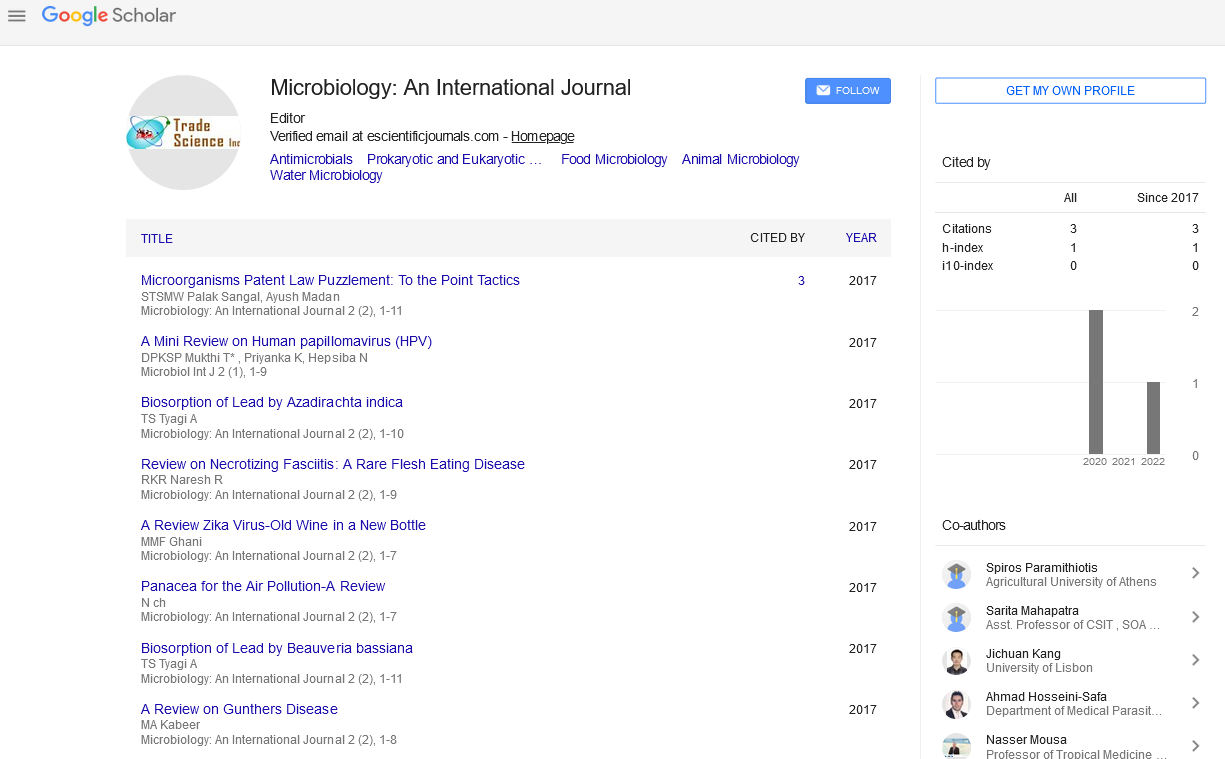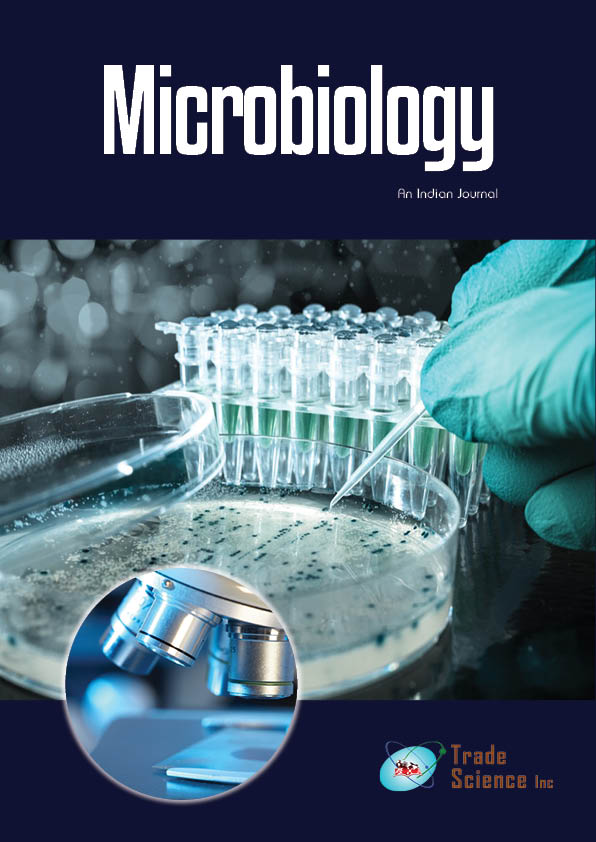Abstract
Health-related quality of life for Oral cancer survivors
Author(s): Hani MusaObjective: After surgery and radiation to treat the oral cancer, patients often suffer from oral complications. These problems may be caused by the surgery and radiation themselves. Patients may complain, for example, of speech problems and limited mouth opening (trismus).
Methods: This study performed a survey using the University of Washington’s quality of life questionnaire (UW-QOL) with the aim to identify the different patterns of health-related quality of life of patients with oral cancer . 192 patients treated with surgery and/or radiation for oral cancer at the Center of clinical Oncology and Nuclear Medicine at Kasr Elaini hospital and National Cancer Institute, Cairo University were interviewed. Age, gender, clinical data and type of treatment were obtained from the patients file.
• Maximal interincisal mouth opening (MIO) was measured in these patients. MIO < 36mm is considered limited mouth opening.
• Patients then completed the UW QOL questionnaire concerning: pain, appearance, chewing, swallowing, speech, taste and saliva
Results: Patients with tumors in posterior areas and patients with late stages showed statistically a significant higher prevalence of limited mouth opening. According to appearance, anterior tumors showed a statistically significant higher mean score than posterior tumors did, while early stage tumors (T1and T2) showed statistically significant higher mean score in all domains. Regarding MIO, patients with limited mouth opening showed statistically significant lower mean score in swallowing domain. Patients who received radiotherapy received the lowest lowest mean score in the chewing domain.
Conclusions: 1. about half of the patients who underwent primary treatment for oral cancer developed trismus and reported problems with eating and speech.
2. Patients with high risk of trismus were those with advanced stage tumours; radiotherapy was a significant factor.
3. Chewing was identified as the poorest rating domain and presented the highest proportion of complaints in the sample of this study.
4. Oral cancer can significantly affect taste sensation and saliva, more commonly, due to effects of cancer therapies.

